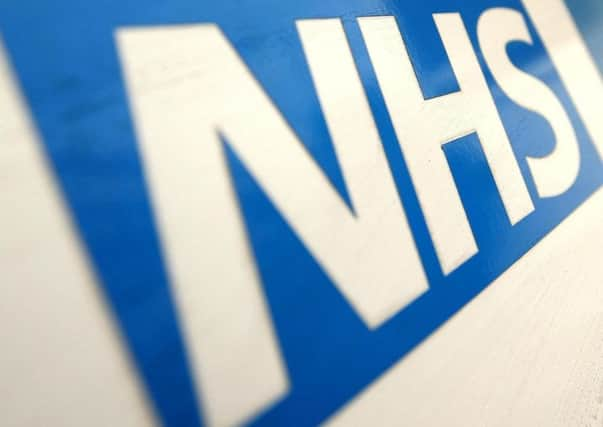Contaminated blood victims given go-ahead to bring High Court action


The High Court’s move allows a potential 500 claimants - surviving victims of contamination and the families of the deceased - to join together to claim compensation.
It came despite opposition from lawyers acting for the Department of Health who argued the application was “premature”.
Advertisement
Hide AdAdvertisement
Hide AdThe case concerns imported blood-clotting products derived from blood plasma which led tohaemophiliacs and others becoming infected with HIV and hepatitis C in the 1970s and 80s.
So far it has led to the deaths of at least 2,400 NHS patients.
The claimants allege that the DoH failed in its duty to take reasonable care to prevent injury or loss to NHS patients when contaminated blood products manufactured from blood donated “from unsafe sources”, mainly in the USA, were imported into the UK.
In the US, prisoners and drug addicts were among those paid to give their blood to meet the rising demand for commercial blood products. Their contaminated donations were mixed in with those of others.
Advertisement
Hide AdAdvertisement
Hide AdIn the lead case of Jason Evans, it is alleged the Health Secretary failed to provide “prompt and timely” notification to the patient about the risk of infection.
Other allegations include a failure to promptly notify infected claimants that they had become infected.
Steven Snowden QC, appearing for the claimants, told the court it had recently come to light that information and documents which could have helped the victims and families in cases brought earlier had not been disclosed.
In the light of that lack of disclosure, argued Mr Snowden, it would be “unconscionable” for the Department of Health to rely on earlier settlement agreements and undertakings given by families to prevent them now pursuing further litigation.
Advertisement
Hide AdAdvertisement
Hide AdThe ruling follows an announcement by the Prime Minister in July that a public inquiry is to be held into what she described as “an appalling tragedy which should simply never have happened”.
Des Collins, of Watford-based law firm Collins Solicitors, which won the group litigation order, said: “The recent announcement of a public inquiry into these matters has at last indicated some willingness on the part of Government to address the claimant’s concerns.
“Against this background it is regrettable that the Secretary of State (for health) has not chosen to do so in these civil proceedings.”
Among those in court welcoming the order was Chris Smith, 39, from Bedford, whose father Ray died in 1986 aged 32, a victim of blood product contamination.
Advertisement
Hide AdAdvertisement
Hide AdMr Smith accused the Government of acting with deceit and trying to “bury” the truth behind “the biggest disaster of the NHS” and attempting to get away with “very, very small” compensation schemes.
Hull MP Diana Johnson, who has long called for justice over “the NHS’s worst treatment scandal”, welcomed the court’s decision to allow the legal action to progress to the next stage.
But she said the public inquiry, announced in July, needed to be up and running “as soon as possible”.
Campaigners have said they will boycott the process while it is overseen by the Department of Health.
She said: “Southern Ireland made very generous compensation payments before they admitted they were liable. We are a long way behind what is happening in other parts of the world.”